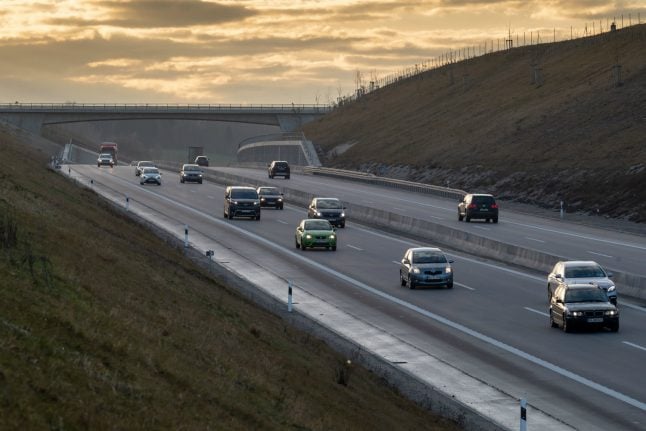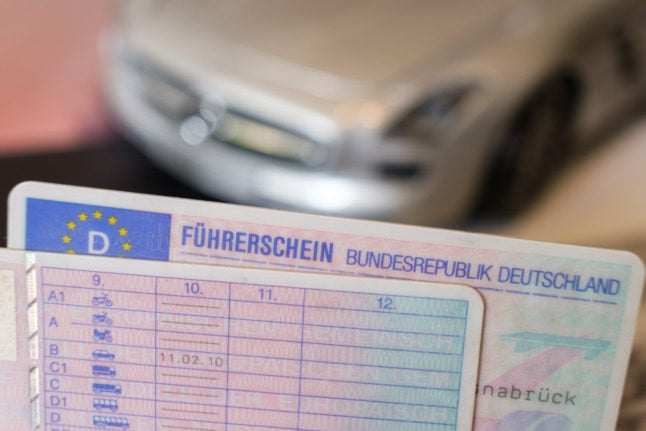It is one of Germany's most controversial debates that splits the country.
And now the issue of whether a general speed limit should be imposed on the country's world-famous Autobahn is back in the spotlight after the ADAC (Allgemeiner Deutscher Automobil-Club e.V. or General German Automobile Club) changed its tune about it.
For decades, the ADAC has rejected calls for Germany to introduce a speed limit on the Autobahn, which is famous for having zones with no speed restrictions.
But the automobile club is “no longer fundamentally” against the idea of introducing a general speed limit, ADAC Vice President for Traffic, Gerhard Hillebrand, told DPA.
“The discussion about the introduction of a general speed limit on motorways is being conducted emotionally and is polarizing among members,” said Hillebrand. “That's why the ADAC is currently not committing itself to a stance.”
Hillebrand called for a comprehensive study on the effects of a speed limit on the Autobahn.
“This would provide a solid basis for a decision (on a stance),” he said.
READ ALSO: Eight things you never knew about the German Autobahn
Why is it controversial?
Germany is a country of cars and driving – and that passion, many say, is reflected in its freedom to drive fast on parts of its highway.
In fact, for many people outside Germany, the speed limit-free motorways are a strong part of the country's car-loving culture and history.
In a survey by The Local in May, just over 70 percent of readers rejected the idea of imposing a general speed limit on the Autobahn.
READ ALSO: How our readers feel about imposing a speed limit on Germany's Autobahn
But lots of people argue that putting a general speed limit in place, usually touted as 130km/h, would make roads safer and reduce carbon emissions.
As the Local reported earlier this year, the Greens put forward a motion in the Bundestag urging for a speed limit. However, a majority of MPs voted against it.
Transport Minister Andreas Scheuer, of the conservative CSU, previously said the idea of imposing limits “defies all common sense”.
Are there any speed restrictions on the Autobahn?
Yes. But there is no speed limit on most stretches – about 70 percent – of the Autobahn in Germany.
According to the Federal Highway Research Institute, there are permanent or temporary restrictions on 20.8 percent of the autobahns. The most common speed limits are 120km/h (on 7.8 percent on the network) and 100 km/h (on 5.6 percent of the network).
READ ALSO: Fact check: Will a speed limit on Germany's Autobahn be beneficial?
In addition, there are variable traffic guidance displays. Regardless of this, a recommended speed limit of 130km/h has been in force for more than 40 years.
Germany is the only country in Europe with no official speed limit on its motorways.
In Austria, Denmark, the Netherlands, France and the Czech Republic there is a 130km/h limit on the motorway network. Meanwhile, in Belgium and Switzerland, a 120km/h limit is in place.



 Please whitelist us to continue reading.
Please whitelist us to continue reading.
Member comments